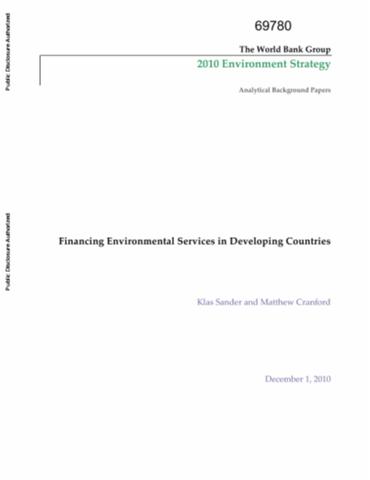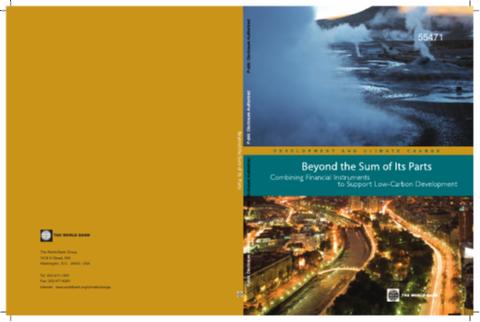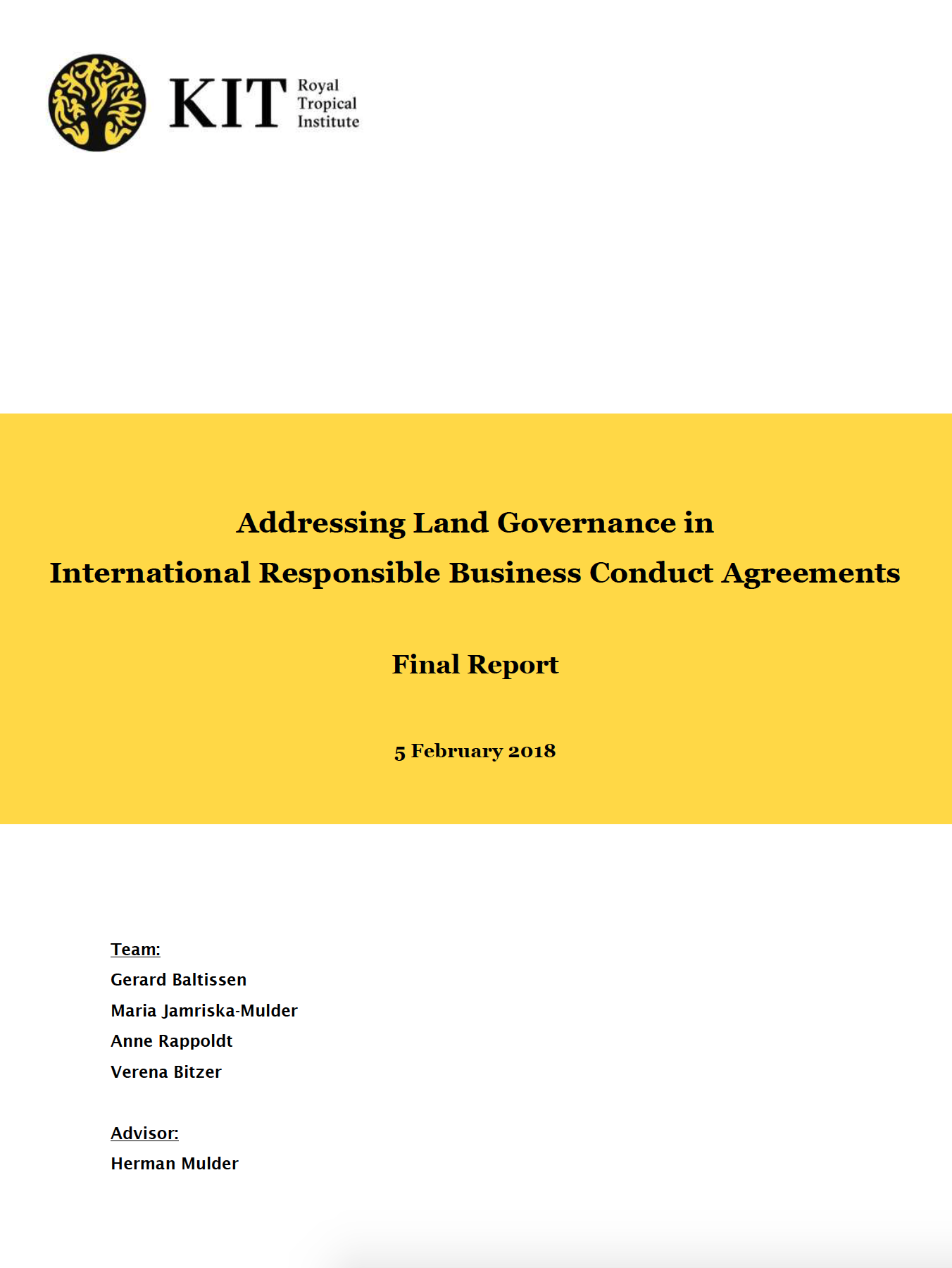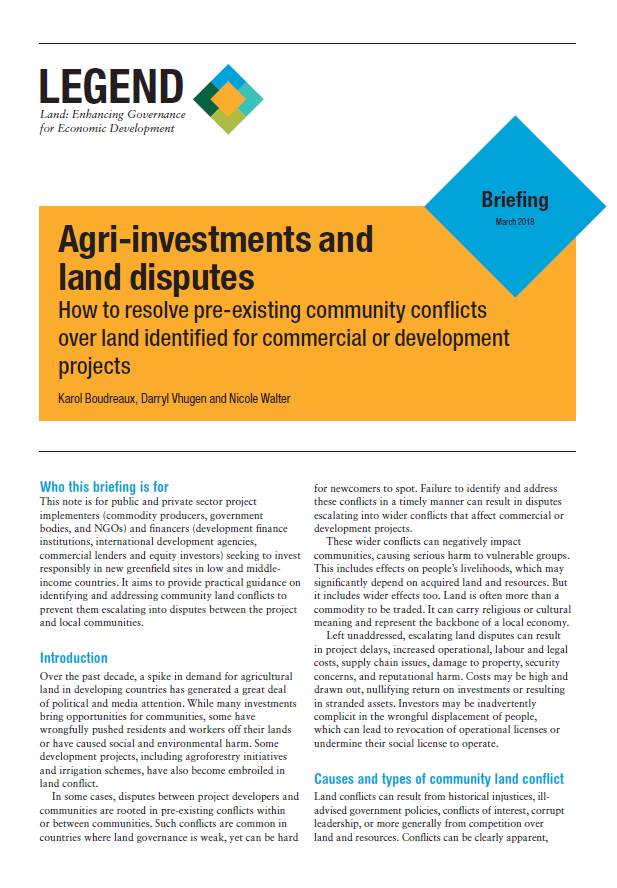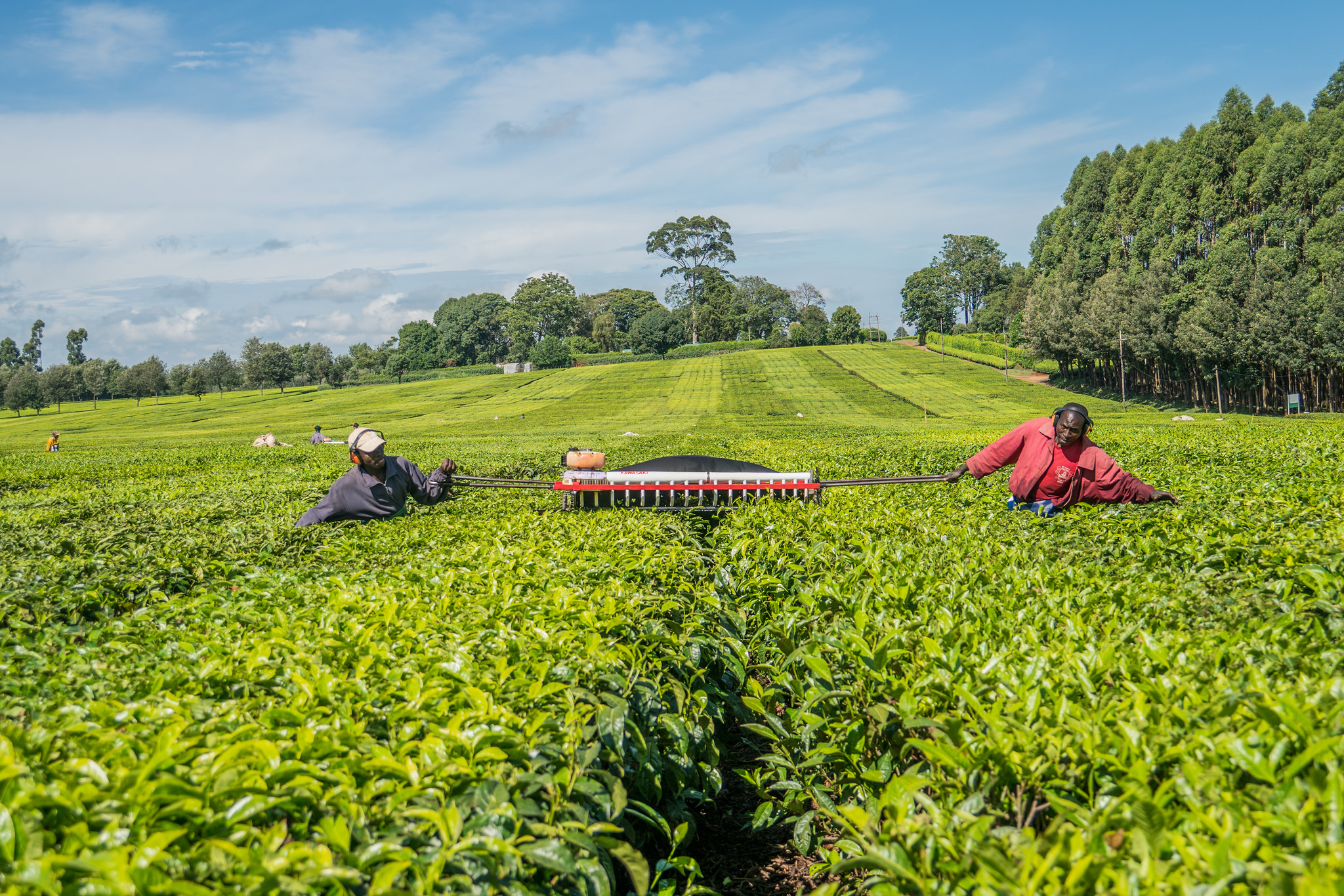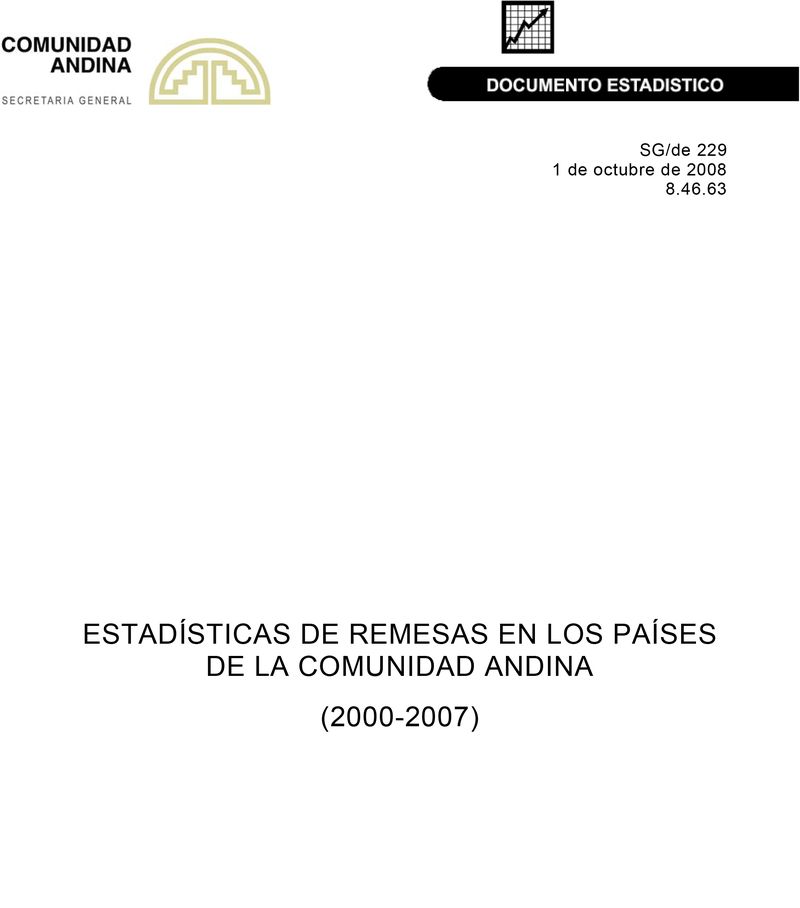Financing Environmental Services in Developing Countries
Current international financing (primarily ODA) for environmental services in developing countries is very roughly estimated to be upwards of $21 billion annually (not including climate change financing), but additional resources on the order of tens, if not hundreds, of billions of dollars are needed. In 2009, environmental ODA was estimated at $18 billion with a few billion more delivered through philanthropic and market-based financing channels.

